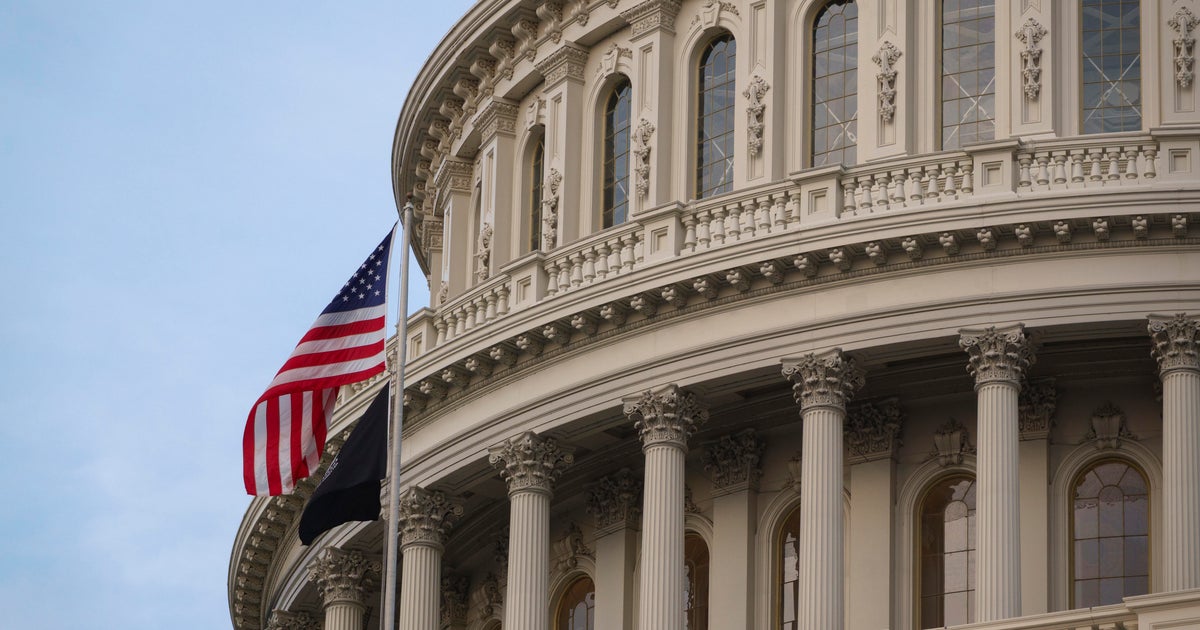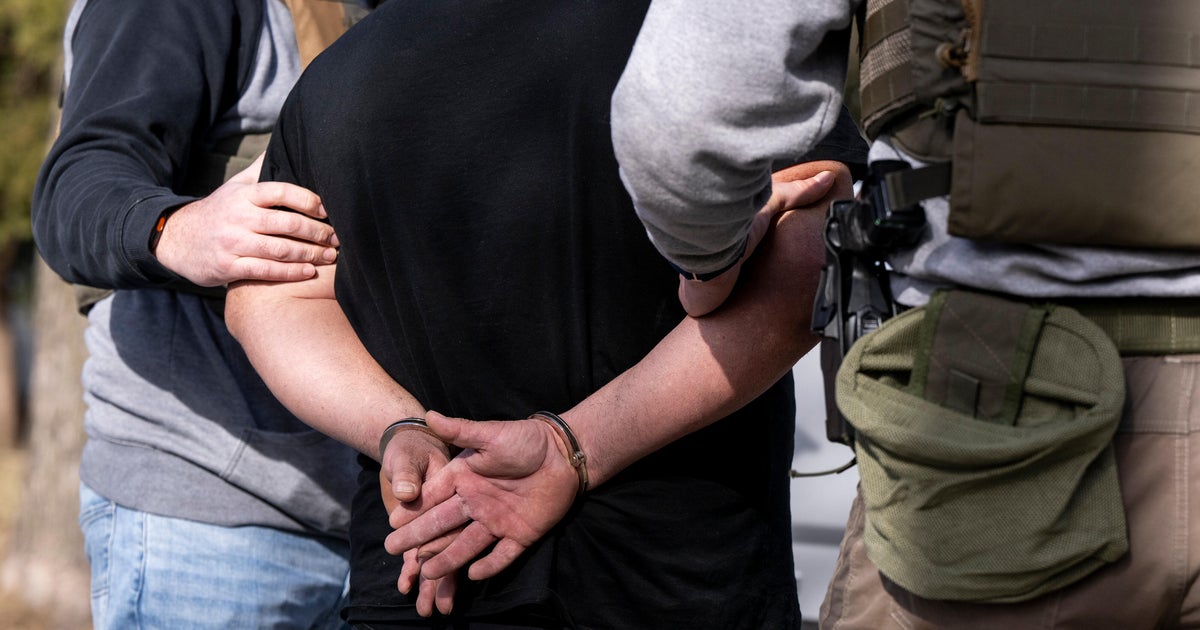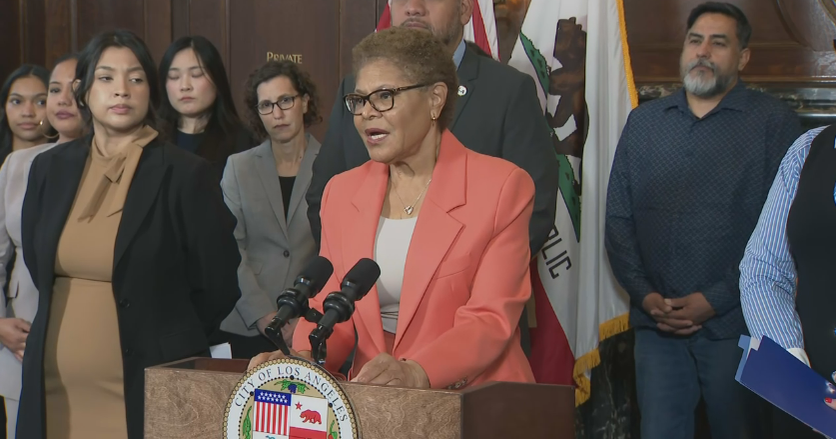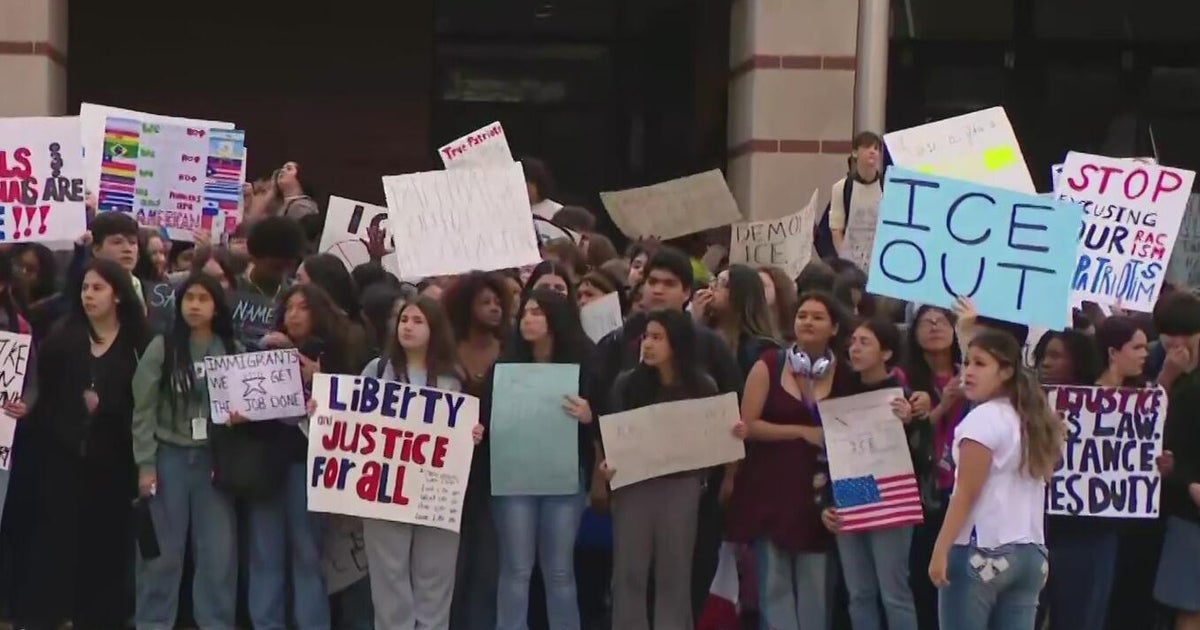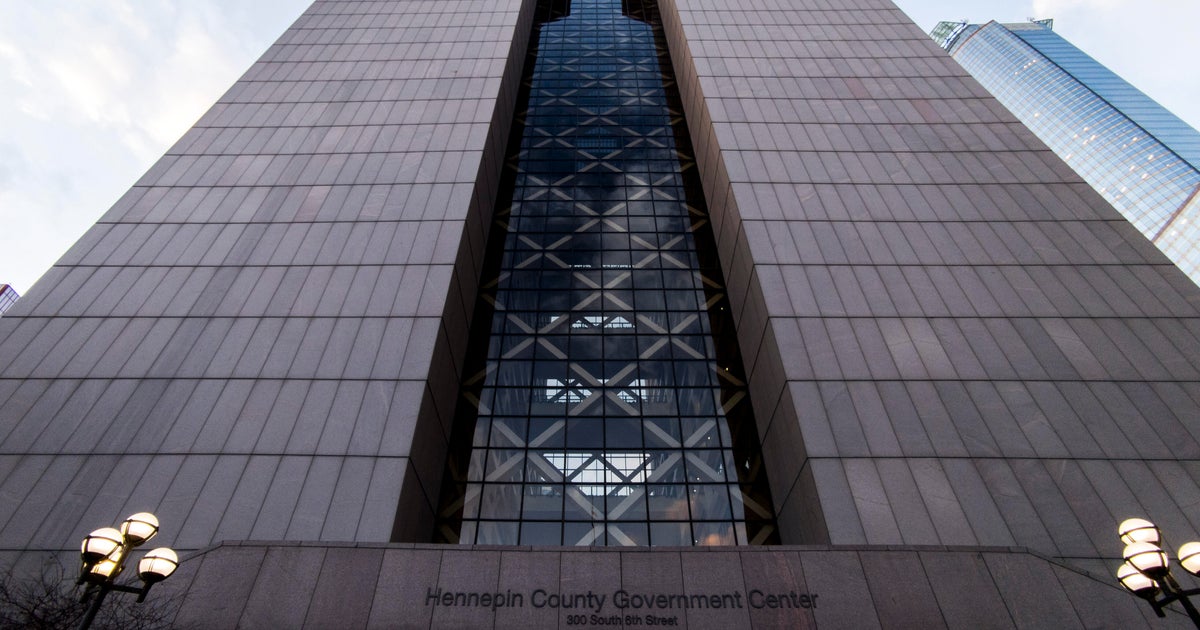State House GOP Targeting "Sanctuary Cities"
Follow CBSMIAMI.COM: Facebook | Twitter
TALLAHASSEE (CBSMiami/NSF) - Amid heated debate over illegal immigration and the rights of undocumented immigrants, a House panel approved a measure Tuesday to crack down on so-called "sanctuary cities."
The bill by Rep. Larry Metz would require local governments and universities to comply with federal immigration laws and would impose stiff penalties on those that declare themselves sanctuaries from immigration enforcement.
Under the measure --- dubbed the "Rule of Law Adherence Act" --- state or local governmental entities or law enforcement agencies would be fined up to $5,000 for each day they are deemed to be out of compliance. The bill would require complying with U.S. Immigration and Customs Enforcement detention requests, repealing current sanctuary policies and providing information about immigration violations to state authorities.
Democrats and immigrants' rights groups criticized the bill, which was approved 9-5 by the House Local, Federal & Veterans Subcommittee in a party-line vote. They said it targets immigrant communities and would create a parallel immigration enforcement regime that Rep. Daisy Baez described as smacking of "big government, paranoia, and persecution."
Metz, who chairs the House Public Integrity & Ethics Committee, said the bill simply brings state enforcement in line with federal law, enabling "seamless cooperation" between local, state, and federal government agencies to enforce laws already on the books.
Metz stressed the distinction between legal and illegal immigration.
"It's all-important in my view that the rule of law be followed," Metz said. "If we simply say, 'If you can get here, you can stay here,' and we don't care about the legal distinctions, we're going to have more and more people coming here illegally and fewer coming here through the legal immigration system."
But Rep. Carlos Guillermo Smith argued that while undocumented immigrants' presence in the country may be illegal, it is a civil offense that does not warrant proactive criminal prosecution.
"Contrary to popular belief, even undocumented residents of the state and this country have constitutional rights," Smith said.
Smith introduced six amendments that would have scaled back the bill, but the proposals were defeated in a succession of voice votes.
Baez offered emotional testimony against the bill, citing her immigration from the Dominican Republic in 1972 and a long journey from struggling to support her young family to success as a health-care executive in South Florida.
Baez said the move to consider the bill reflected a troubling trend of anti-immigration rhetoric at the federal level.
"I have never felt as unwanted and as unvilified as I do now," said Baez. "We are not criminals."
The American Civil Liberties Union took issue with a proposed requirement that law-enforcement officers detain possible illegal immigrants for 48-hour periods after arrests on separate charges to determine their immigration status.
"This essentially amounts to whole new arrest without probable cause in violation of the 4th Amendment," said Kara Gross, legislative counsel for the American Civil Liberties Union of Florida. "It opens up the door for racial profiling and discriminatory policing."
The bill, however, has received heavy support in the Republican-dominated House, drawing 23 co-sponsors and passing the Civil Justice & Claims Subcommittee earlier this month. The bill must clear the House Judiciary Committee before it can go to the House floor.
A Senate version filed by Sen. Aaron Bean has not been taken up in committees.
The News Service of Florida's Ryan Ray contributed to this report.
